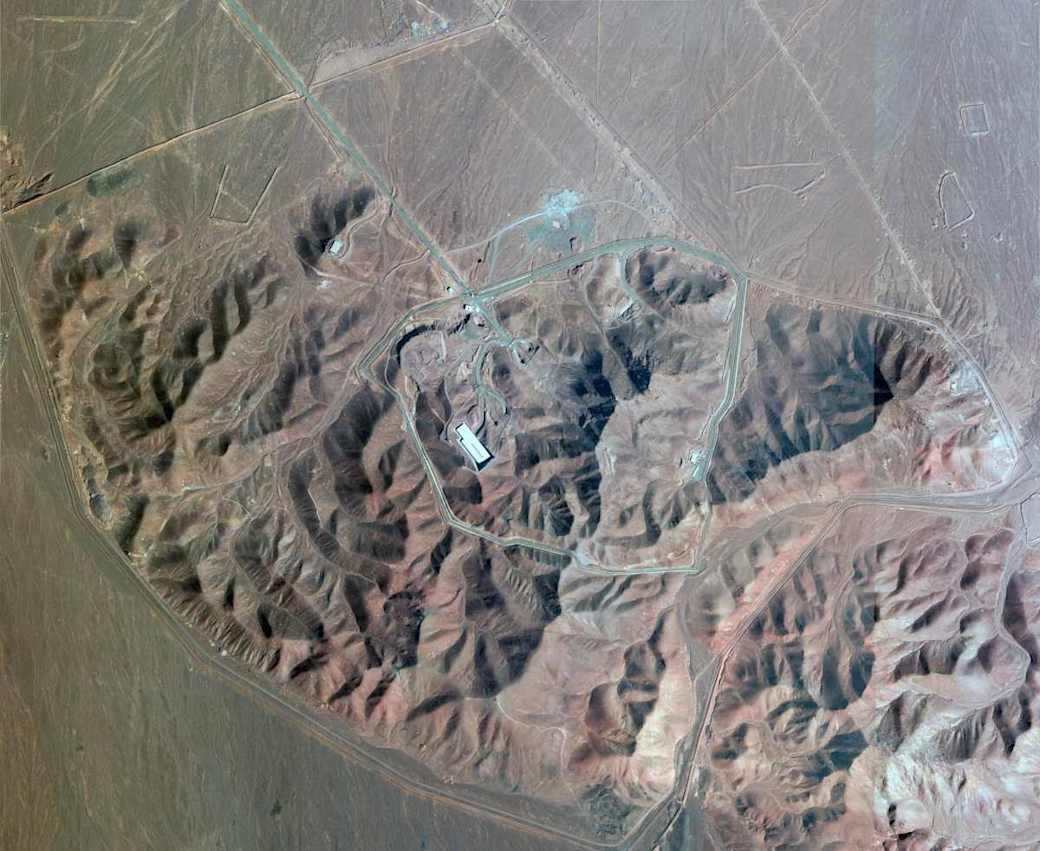Iran Nuclear Program Only Months Away from Recovery After US Strikes, Intel Says
U.S. airstrikes on Iran’s nuclear facilities, hailed by President Donald Trump as a decisive blow to Tehran’s nuclear ambitions, have only set back the program by six to twelve months, according to a classified U.S. intelligence assessment leaked to Reuters. The revelation undercuts claims of a crippling strike, raising questions about the escalating conflict’s long-term impact as a fragile U.S.-brokered ceasefire holds between Israel and Iran.
Limited Impact of Strikes
The U.S. strikes, conducted on June 21 using B-2 stealth bombers and GBU-57 “bunker buster” bombs, targeted Iran’s Fordo, Natanz, and Isfahan nuclear sites, aiming to halt its alleged weapons program. Trump declared the facilities “obliterated,” but the intelligence report suggests significant infrastructure remains intact, with Iran potentially hiding enriched uranium at undisclosed locations. “The strikes disrupted operations but didn’t destroy Iran’s technical expertise or resolve,” a senior intelligence official told Reuters anonymously.
Israeli airstrikes on Monday, hitting Fordo and military targets in Tehran, further damaged infrastructure but failed to eliminate key components, the report notes. Iran’s ability to reconstitute its program, possibly within a year, has alarmed analysts, who warn of a renewed nuclear race if diplomacy fails.
Iran’s Defiance and Retaliation
Iran’s Supreme Leader Ayatollah Ali Khamenei dismissed the strikes’ impact, vowing to rebuild “stronger than ever.” President Masoud Pezeshkian, speaking on state television, claimed Iran’s nuclear program is “peaceful” and accused the U.S. and Israel of “fabricating threats” to justify aggression. Iran retaliated with missile strikes on Israeli cities, killing 28, and on the U.S. Al Udeid Air Base in Qatar, causing no casualties but heightening regional tensions.
The ceasefire, announced Monday, has held despite early violations, including Iran’s alleged post-truce missile launches and Israel’s strikes on Tehran. Trump, frustrated, berated both sides, calling their actions “a slap in the face” to his diplomatic efforts. Iran’s Foreign Ministry signaled openness to nuclear talks but demanded guarantees against further attacks.
Global and Domestic Reactions
The intelligence leak has sparked debate in Washington. Congressional Democrats, including Sen. Elizabeth Warren, criticized Trump’s “reckless escalation,” arguing the strikes provoked Iran without eliminating the nuclear threat. Republicans, like Sen. Lindsey Graham, defended the operation, claiming it “bought critical time” to pressure Iran diplomatically.
Internationally, Russia and China condemned the U.S. actions, with Chinese Foreign Minister Wang Yi calling for an end to “unilateral aggression.” UK Prime Minister Keir Starmer urged Iran to rejoin the JCPOA nuclear deal, while Qatar, stung by the Al Udeid attack, pushed for de-escalation. Oil prices stabilized after a 5% drop, but fears persist over Iran’s threats to close the Strait of Hormuz, a vital oil route.
Strategic and Regional Implications
The limited setback to Iran’s nuclear program has raised fears of a more determined push toward weaponization. “Iran may double down on covert enrichment,” said Dr. Emily Landau, a nuclear expert at Tel Aviv University. “The strikes didn’t solve the problem—they may have accelerated it.” Iran’s reported transfer of enriched uranium to hidden sites complicates IAEA monitoring, suspended since the strikes.
The Middle East remains on edge, with Iran’s allies, including Hezbollah and Houthi rebels, threatening reprisals. Israel, bolstered by U.S. support, maintains high alert, with air defenses deployed against potential Iranian attacks. The ceasefire’s fragility has prompted urgent UN Security Council talks, with no clear path to long-term stability.
A Race Against Time
As Trump prepares for a NATO summit, his administration faces pressure to pivot to diplomacy. The intelligence report’s findings underscore the limits of military action, with analysts urging a return to nuclear negotiations. “The clock is ticking,” said Dr. Vali Nasr of Johns Hopkins University. “Without a deal, Iran could be back on track to a bomb by next summer.”
For now, the ceasefire holds, offering a brief respite. But with Iran’s nuclear ambitions bruised but unbroken, and regional tensions simmering, the world braces for the next chapter in this high-stakes showdown.
